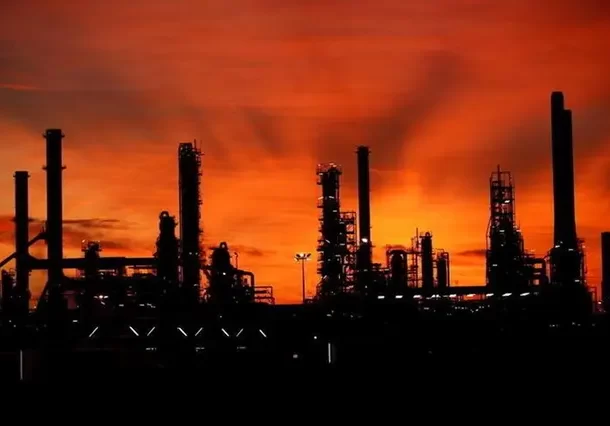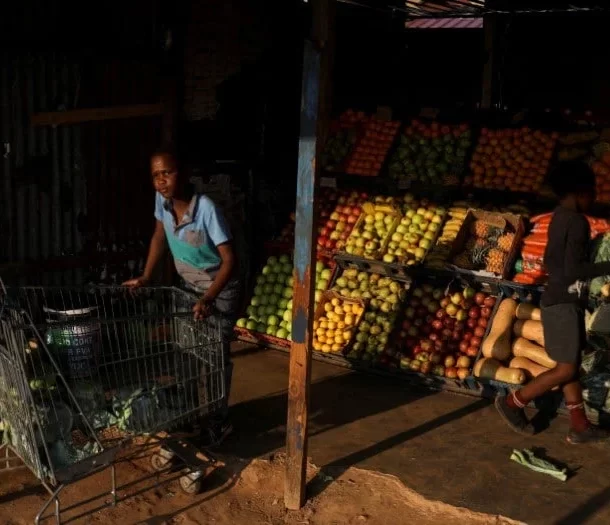
Commodity markets are in a ‘super squeeze’ — and higher prices could be here to stay
Global commodity markets are in a “super squeeze” amid supply disruptions and lack of investment — and it’s only going to get worse as geopolitical and climate risks exacerbate the situation, HSBC said.
“For some time now we have described global commodity markets as being in a ‘super-squeeze,’” its chief economist Paul Bloxham told CNBC.
A commodity “super squeeze” is denoted by higher prices driven by supply constraints more than a robust growth in demand, he explained.
“If it’s a supply constraint that’s driving high commodity prices, it’s a very different story for global growth,” said via Zoom. Higher prices as a result of a super squeeze are “not as positive.”
“We see the deeper ‘super-squeeze’ factors on the supply-side as still set to play a key role in keeping commodity prices elevated,” he said, outlining factors like political uncertainties, climate change and the lack of investments into the green energy transition.
Geopolitical risks include the ongoing Israel-Hamas conflict in Gaza and the Ukraine war, which have hampered global trade, as seen in shipping disruptions from the recent Houthi attacks in the Red Sea.
Another reason is climate change, which disrupts supply chains as well as commodities supply, especially in the agricultural space.
“The super squeeze could be deeper, or more prolonged if geopolitical, climate change or energy transition related supply disruptions are larger than expected,” he added.
Lack of investments
The world’s pursuit of a net-zero carbon future is fueling demand for energy transition metals such as copper and nickel, Bloxham pointed out.
However, there are insufficient investments allocated to procuring these critical minerals, leading to a sharper supply squeeze on energy transition metals — in particular copper, aluminum and nickel, he said.
As energy transition ramps up, markets could be looking at a shortage of a slew of metals like graphite, cobalt, copper, nickel and lithium in the next decade, the Energy Transitions Commission said in a report in July.
At the recent COP28 climate change conference, more than 60 countries backed a plan to triple global renewable energy capacity by 2030, in what is largely deemed as a step forward for energy transition and a further boost in demand for metals required for that transition.
“Large-scale mining projects can take 15-20 years, and the last decade has seen a lack of investment in exploration and production for key energy transition materials,” the report said.
Source: zawya

